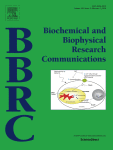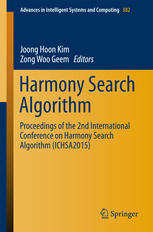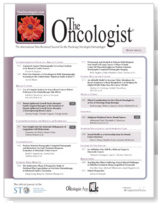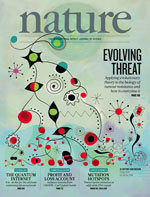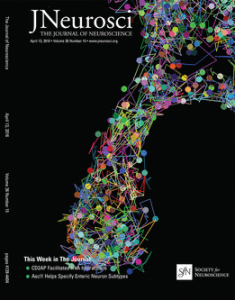 After the first author admitted to fraud, his colleagues have retracted a 2013 paper in the Journal of Neuroscience, as well as a 2015 book chapter about working memory.
After the first author admitted to fraud, his colleagues have retracted a 2013 paper in the Journal of Neuroscience, as well as a 2015 book chapter about working memory.
The retractions come as part of a backstory of pulled papers authored by psychologist Edward Awh and his former graduate student David Anderson when he was based at the University of Oregon in Eugene. The pair retracted four papers last year after Anderson admitted to misconduct during an investigation by the U.S. Office of Research Integrity (and spoke to us about it last July). This led Awh — now based at the University of Chicago in Illinois — to take a second look at the other publications he’d co-authored with Anderson; earlier this year, Awh retracted two others, and informed us more would be coming, including the two most recent publications.
First, let’s take a look at the retraction note for the Journal of Neuroscience paper, about remembered items and task performance: Continue reading Two more retractions bring total to 9 for neuroscience duo
